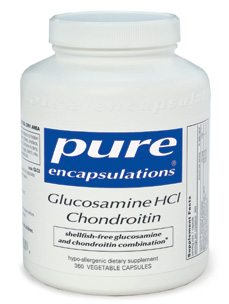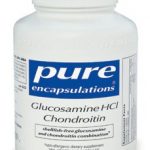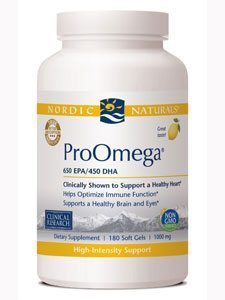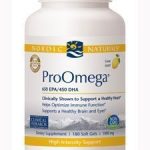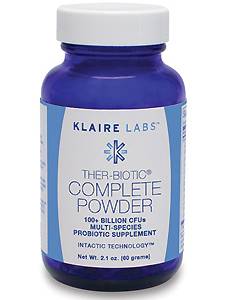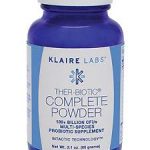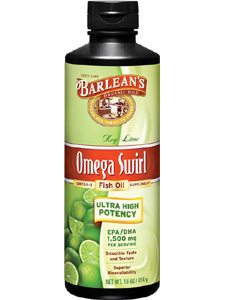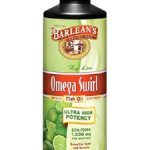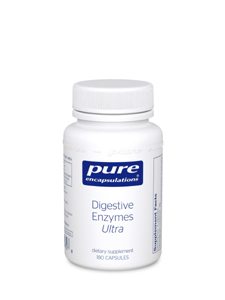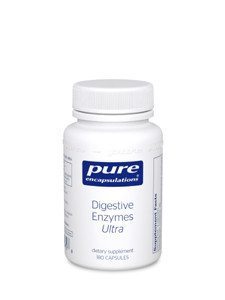Hello Friends!
I’m so excited to share this with you first. It’s official. NutrimentRx has been beta tested. And it’s now live for everyone!
NutrimentRx was created to optimize your office workflow and supplement needs.
You are a doctor, run a medical company and you do this very well. Let us manage your supplement orders so you can spend more time on patient needs.
Most medical practice drop far below the 30% commission structure they receive after you factor in: Cost for staff to take orders, log on to multiple vendor sites and place orders for your patients. If you run a store inside your location your operation cost most likely have you far below 25% after expiration and loss.
What makes NutrimentRx different? NutrimentRx solves all of this and offers so much more.
Check out Nutrimentrx.com. This one stop shop offers:
-
- EVERYTHING a functional medicine office could want for their patients.
- 25% sales commision or give it as a discount to your patients.
- Track all patient sales for protocol compliance
- Amazing customer support
- Local Bay Area company
- MD HQ Integration! That means write your notes -> Items auto load in your patient’s cart!
- 1-click login links provided to you top put in the encounter summary . All your patients do is click a secure link and they are in their NutrimentRx cart!
- White labeling Homepages
- 14 FULFILLMENT PARtNERS
- Full patient return, shipment, & unique need servicing
- Fast, low price shipping, Free shipping on orders over $199
- 2500+ Products from your choice of these vendors:
- Apex Energetics
- Beyond Balance
- BioPure
- Byron White Formulas
- Emerson Ecologics
- GreenDragon
- Lauricidin
- MegaSporeBiotic
- NeuroScience
- Ortho Molecular
- Prescript Assist
- Seeking Health
- Xymogen
After watching so many good doctors piecemeal different vendors into their businesses, I’ve made the supplement providing portion easier, integrated, and more lucrative.
I love our community and what it’s offering to world. Looking forward to connecting so we can see how NutrimentRx.com can service you.
If you are interested or would like a demo please sign-up here.
Thank you so kindly 🙂
Have a great day and warm wishes
And if there is anything I can ever to assist with anything let me know and I am happy to help
Kevin Mackey
NutrimentRx

